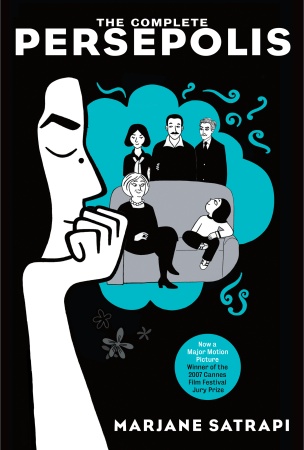What I've been reading

The Complete Persepolis, by Marjane Satrapi
The autobiography of a Western-leaning Muslim girl and her coming-of-age in revolutionary Iran, rendered all the more gripping by its graphic novel format.

The Faith Club: A Muslim, A Christian, A Jew -- Three Women Search for Understanding, by Ranya Idliby, Suzanne Oliver, and Priscilla Warner
Through a free, responsible, and often tension-laden search, three women of different faiths discover the common truths beyond the illusory differences of their religious traditions. As a UU, it was good to be reminded that something we UUs take for granted can be so difficult for others to discover.

Nature Girl, by Carl Hiaasen
If Dave Barry wrote suspense novels, he would be Carl Hiaasen. Death, mayhem, telemarketing, and earth-centered values plague an unlikely collection of zany characters in the Everglades.

The Devil in the White City, by Erik Larson
As Daniel Burnham and an all-star team of America's best Beaux Arts architects, landscape architects, and urban planners race to complete construction in time for the opening of the massive 1893 Chicago World's Fair, a demon-possessed serial murderer is also building a nearby tourist hotel, fitted out to serve double duty as a house of torture and death. It may sound too weird and fantastic to make a credible story -- except that it's all true.



